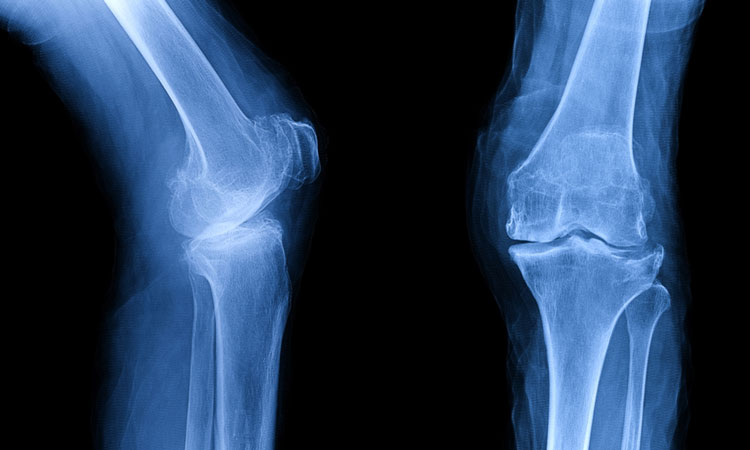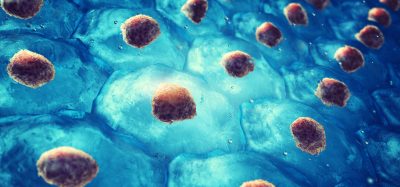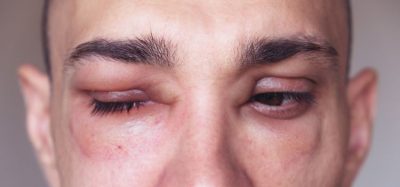Hormone therapy could be key in treating knee osteoarthritis
Posted: 9 January 2019 | European Pharmaceutical Review | No comments yet
A study has found that the prevalence of knee osteoarthritis was significantly lower in participants using hormone therapy than those not taking hormones…


Within the scientific community, there is currently an ongoing debate regarding the relationship between knee osteoarthritis and hormone therapy (HT), with small-scale studies providing mixed results. A large-scale study from Korea shows that women receiving HT had a significantly lower prevalence of symptomatic knee osteoarthritis compared with women who did not take hormones.
Osteoarthritis is the most common musculoskeletal disorder in older persons and is the leading cause of pain and physical disability. Caused by degenerative changes in the joints, it affects more women than men, and its incidence is particularly elevated in menopause. Because estrogen has an anti-inflammatory effect at high concentrations, it has been hypothesised that hormone changes in women, especially decreasing estrogen levels, may lead to an increase in osteoarthritis after menopause.
Because the knee is the most commonly affected joint, knee osteoarthritis has been the focus of a number of studies relative to the effectiveness of HT. The most common treatments for knee osteoarthritis include surgery or nonsteroidal anti-inflammatory drugs, both of which are associated with risks such as surgical complications or gastrointestinal disorders.
Several small studies have shown that HT not only reduces histologic changes in the cartilage involved in osteoarthritis, but it also reduces the chronic pain. To date, however, no large-scale studies have examined symptomatic knee osteoarthritis and HT. This study, from Korea is based on data from nearly 4,800 postmenopausal women. It concluded that the prevalence of knee osteoarthritis was significantly lower in participants using HT than those not taking hormones. The authors did note, however, that additional research is warranted to adjust for such other variables such as age and body mass index.
“Past and current users of hormone therapy had a lower prevalence of knee joint osteoarthritis, suggesting that hormone therapy may be protective against knee osteoarthritis,” said Dr JoAnn Pinkerton, NAMS executive director. “This study suggests that estrogen taken at menopause may inhibit cartilage damage and reduce knee deterioration seen on x-rays.”
Study results were published in Menopause, the journal of The North American Menopause Society (NAMS).
Related topics
Analytical techniques, Clinical Development, Clinical Trials, Drug Development, Research & Development (R&D)









